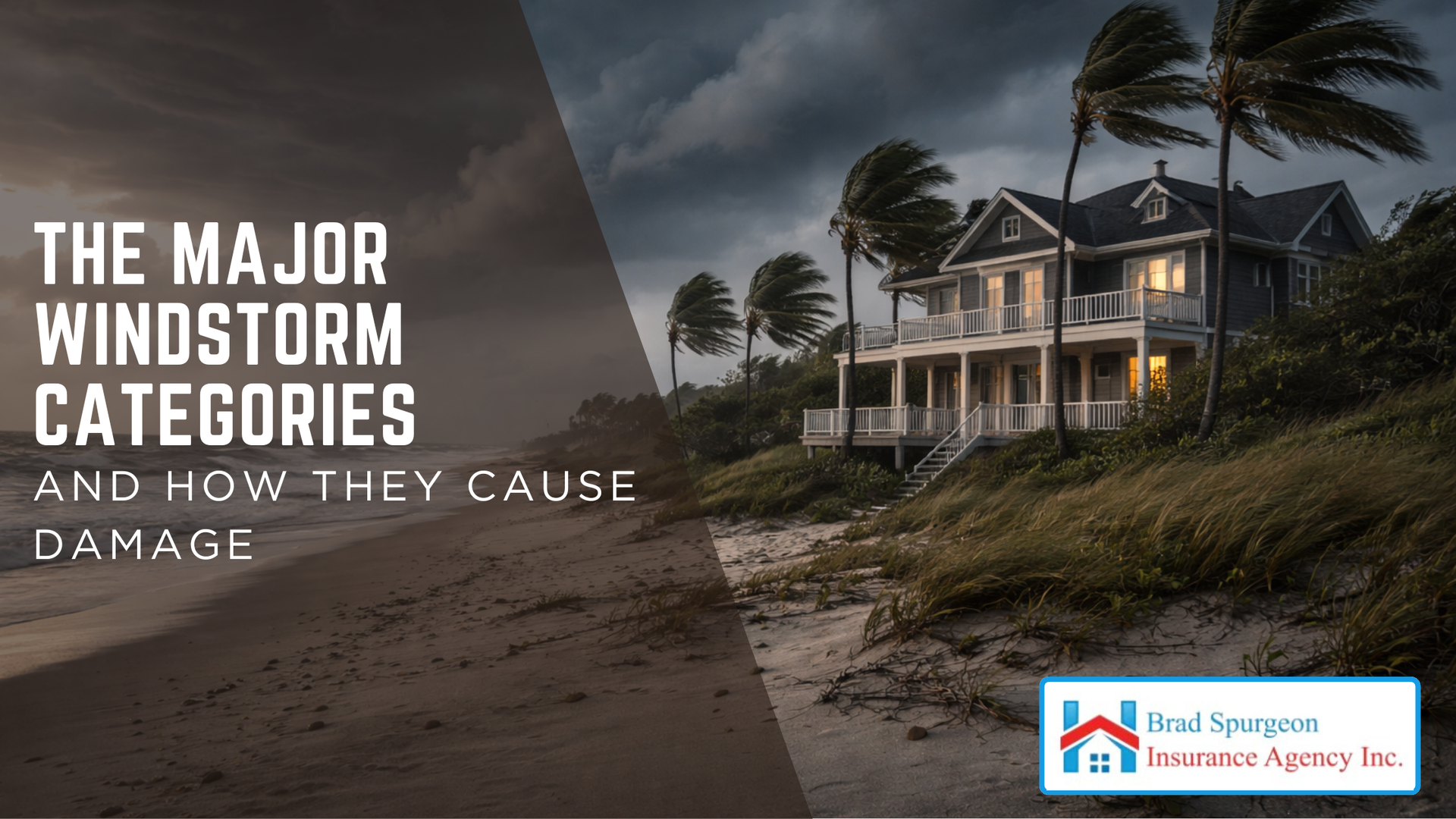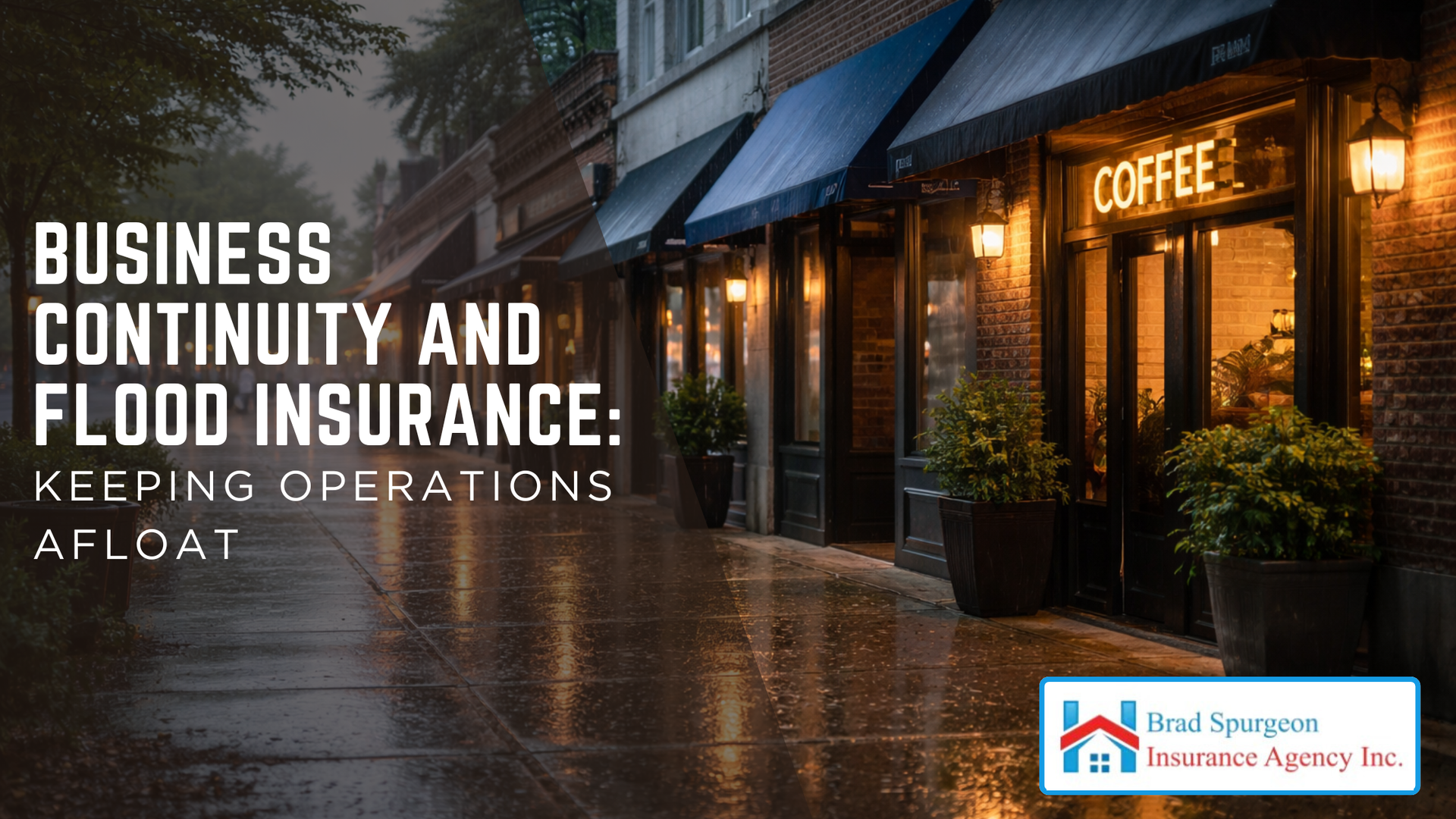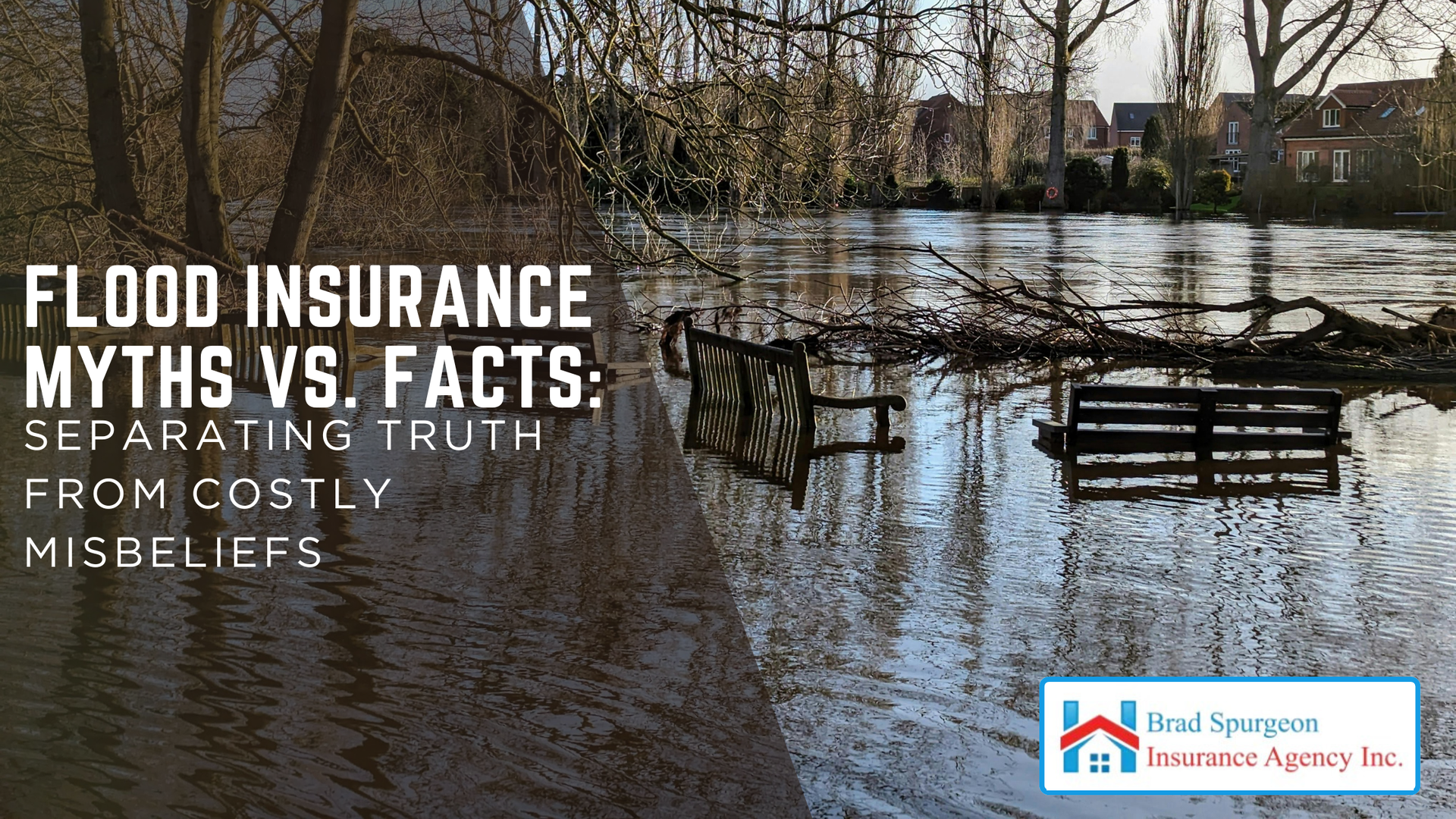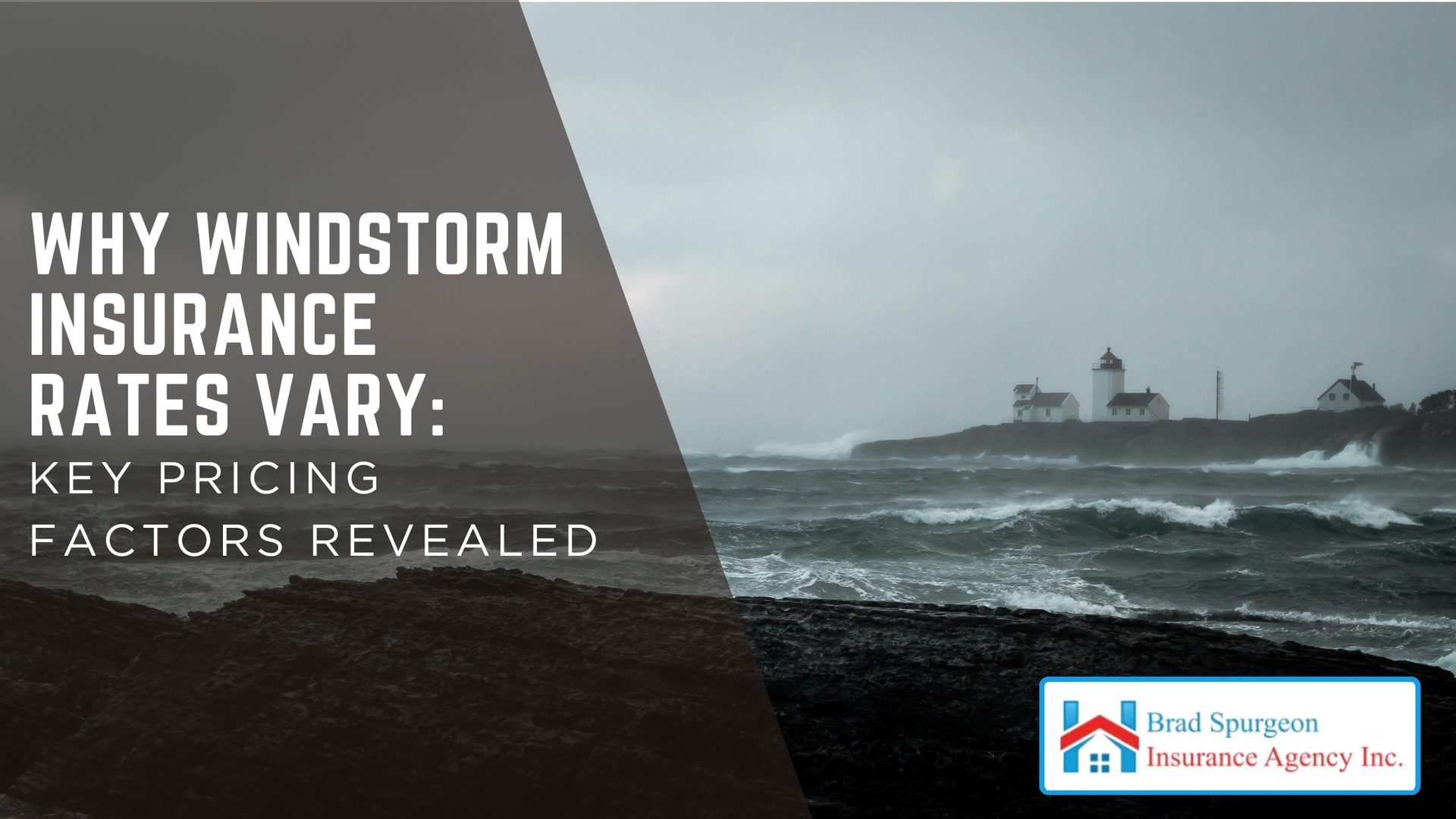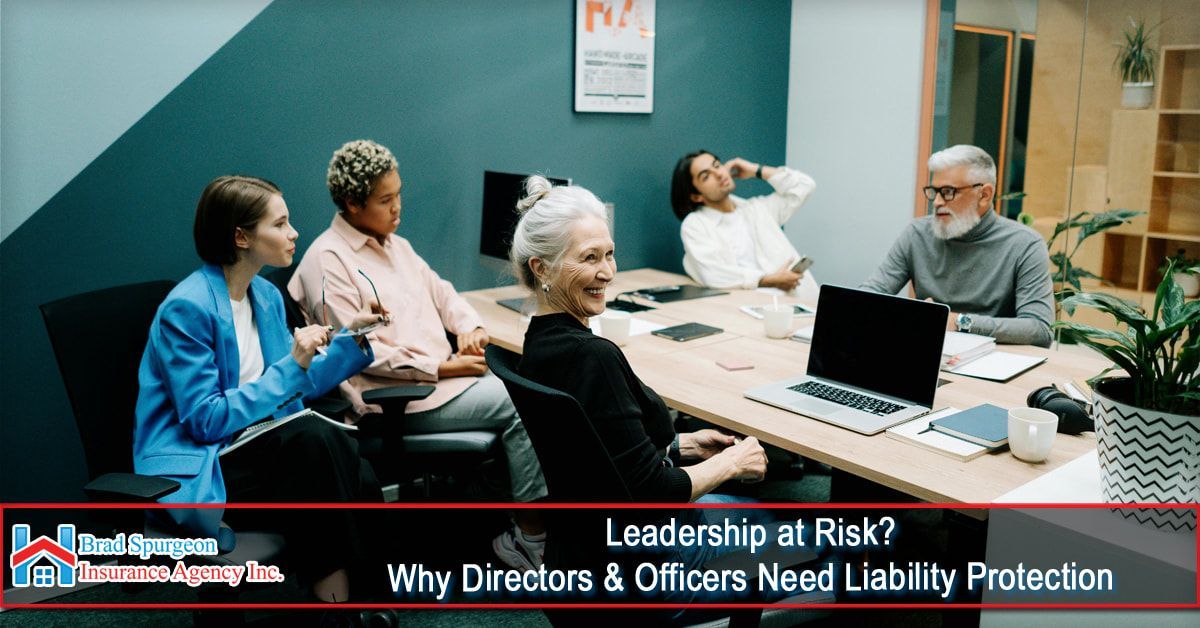In today’s corporate landscape, directors and officers (D&O) face increasing risks. As decision-makers responsible for guiding organizations, they can be held personally liable for their actions, whether it’s a misstep in financial reporting, regulatory violations, or shareholder disputes. Even with the best intentions, leadership roles come with legal and financial exposure.
This is where Directors & Officers (D&O) Liability Insurance plays a crucial role. It provides essential protection against lawsuits that could threaten the personal assets of executives and board members. In this article, we’ll explore why D&O insurance is vital, what it covers, and how it safeguards corporate leadership.
D&O insurance is a specialized liability insurance policy designed to protect company executives, board members, and corporate officers from personal financial loss in case they are sued for actions taken in their official capacities.
This coverage applies to for-profit businesses, nonprofit organizations, and private or publicly traded companies, ensuring that leadership teams can perform their duties without the constant fear of personal liability.
Executives and board members make critical decisions every day. However, in a highly regulated business environment, these decisions can lead to lawsuits from:
✔ Shareholders – Claims of mismanagement, financial losses, or breach of fiduciary duties.
✔ Employees – Allegations of wrongful termination, discrimination, or workplace misconduct.
✔ Regulatory Agencies – Investigations into compliance failures, fraud, or securities violations.
✔
Competitors & Customers – Claims of unfair business practices, contract disputes, or deceptive trade practices.
Without D&O insurance, executives’ personal assets (bank accounts, homes, investments) could be at risk if they are held personally liable.
Legal battles can be financially devastating. D&O insurance covers:
✔ Defense costs – Attorney fees, court costs, and settlements.
✔ Settlements & Judgments – Compensation if executives are found liable.
✔ Regulatory Investigations – Defense against government inquiries and compliance claims.
Without coverage, companies may struggle to attract top leadership talent who don’t want to expose themselves to significant personal financial risk.
Many assume D&O insurance is only necessary for large corporations, but startups, nonprofits, and small businesses also need protection. In fact, smaller organizations often face even greater risks due to limited legal resources and compliance knowledge.
- Startups – Investors and shareholders may sue if leadership fails to deliver expected financial returns.
- Nonprofits – Board members can be held liable for mismanagement of funds or governance failures.
- Private Companies – Even without public shareholders, private companies face lawsuits from employees, customers, or regulatory bodies.
A D&O policy is typically divided into three sections, known as Side A, Side B, and Side C coverage:
✔ Side A Coverage – Protects individual directors and officers when the company is unable or unwilling to indemnify them (e.g., in cases of bankruptcy).
✔ Side B Coverage – Reimburses the company when it indemnifies directors and officers for claims against them.
✔ Side C Coverage – Protects the company itself when it is sued for corporate mismanagement.
- Legal defense costs
- Settlements and judgments
- Allegations of mismanagement
- Breach of fiduciary duties
- Employment-related claims (e.g., discrimination, harassment)
- Securities fraud allegations
While D&O insurance provides extensive protection, it does not cover:
🚫 Criminal acts – Fraud, intentional misconduct, or illegal activities.
🚫 Personal profits gained unlawfully – If an executive knowingly engaged in unethical financial practices.
🚫 Bodily injury & property damage – General liability policies cover these incidents, not D&O policies.
It’s important for companies to work with insurance experts to ensure their D&O policy is customized for their specific risks.
When selecting D&O coverage, organizations should consider:
✅ Policy Limits & Coverage Amounts
Ensure the coverage limit is high enough to cover potential lawsuits and legal fees. The right amount varies based on the size and industry of the organization.
✅ Exclusions & Policy Terms
Carefully review what’s excluded in the policy. Some policies may not cover regulatory investigations or employment-related claims without an endorsement.
✅ Industry-Specific Risks
Different industries face different D&O risks. Tech startups may face intellectual property disputes, while financial firms may encounter regulatory scrutiny.
✅ Claims-Made vs. Occurrence-Based Policies
Most D&O policies are claims-made, meaning they only cover claims filed while the policy is active. Understanding this distinction is critical for ensuring ongoing protection.
As corporate litigation and regulatory oversight continue to rise, Directors & Officers Liability Insurance is no longer optional—it’s a necessity. Without it, executives risk personal financial ruin, and companies may struggle to attract top talent who demand liability protection.
By securing the right D&O policy, businesses, nonprofits, and startups can ensure their leadership team is protected, allowing them to focus on growth, innovation, and corporate governance without the looming threat of costly lawsuits.
Is your leadership protected? Now is the time to review your D&O coverage and ensure your executives have the protection they need.
At Brad Spurgeon Insurance Agency Inc., we aim to provide comprehensive insurance policies that make your life easier. We want to help you get insurance that fits your needs. You can get more information about our products and services by calling our agency at (409) 945-4746. Get your free quote today by CLICKING HERE.
Disclaimer: The information presented in this blog is intended for informational purposes only and should not be considered as professional advice. It is crucial to consult with a qualified insurance agent or professional for personalized advice tailored to your specific circumstances. They can provide expert guidance and help you make informed decisions regarding your insurance needs.
